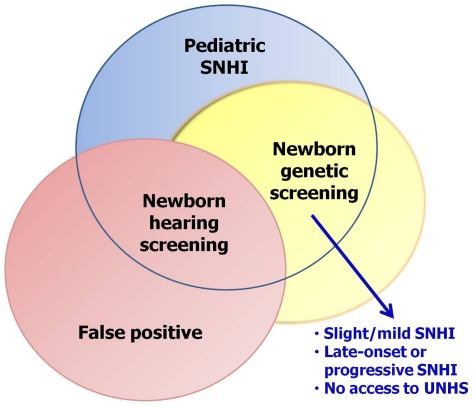Figure 3. Clinical utility of newborn genetic screening (NGS) for deafness.
NGS for common deafness-associated mutations, by detecting subjects with mutations associated with mild-to-moderate, progressive, or late-onset hearing impairment, may compensate for the inherent limitations of conventional universal newborn hearing screening (UNHS), including failure to identify infants with slight or mild hearing loss, as well as failure to identify infants who potentially have late-onset or progressive hearing loss during their childhood or adolescence. For infants born outside of hospitals and who do not have an access to UNHS at birth, NGS may also serve as an alternative. SNHI, sensorineural hearing impairment.

